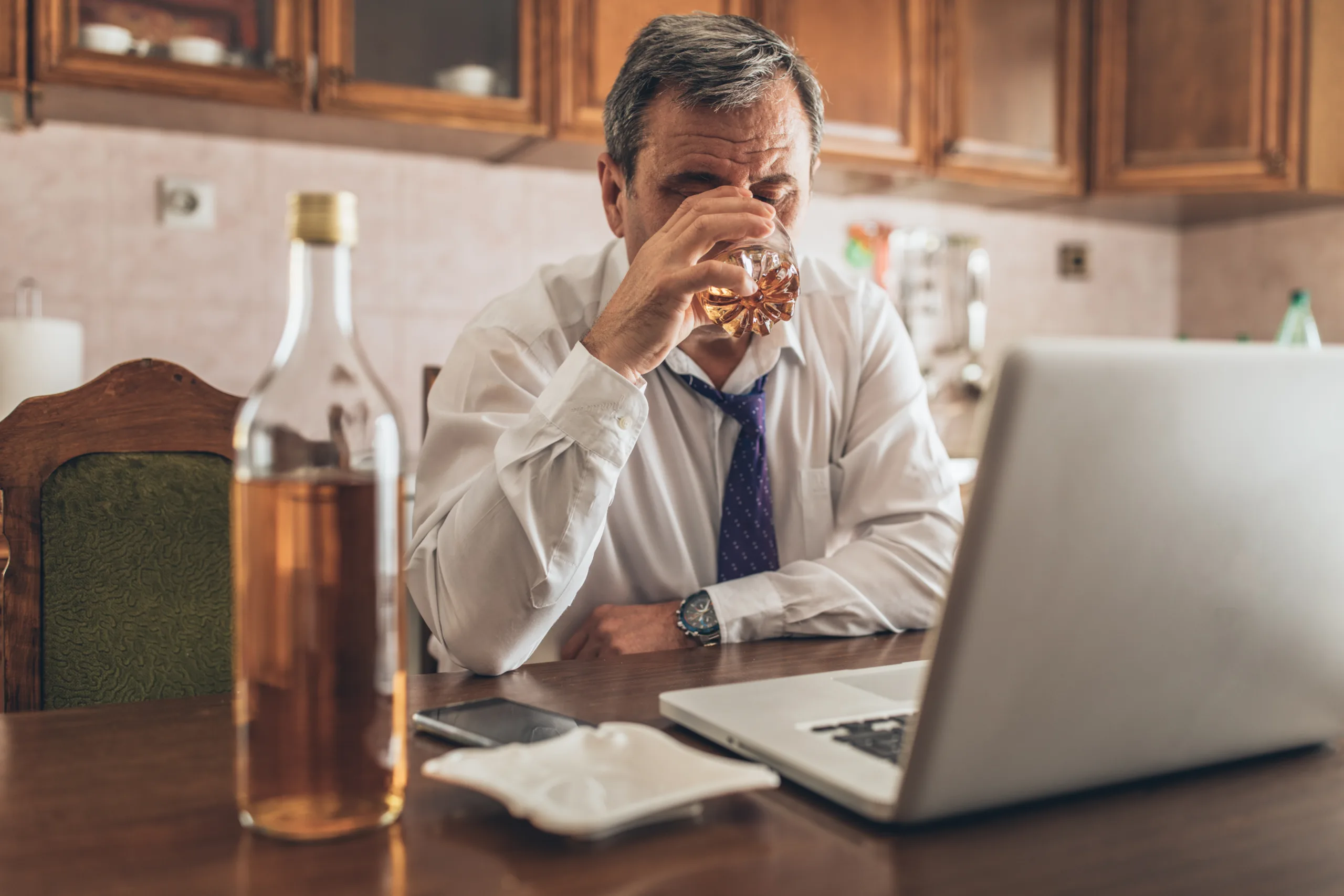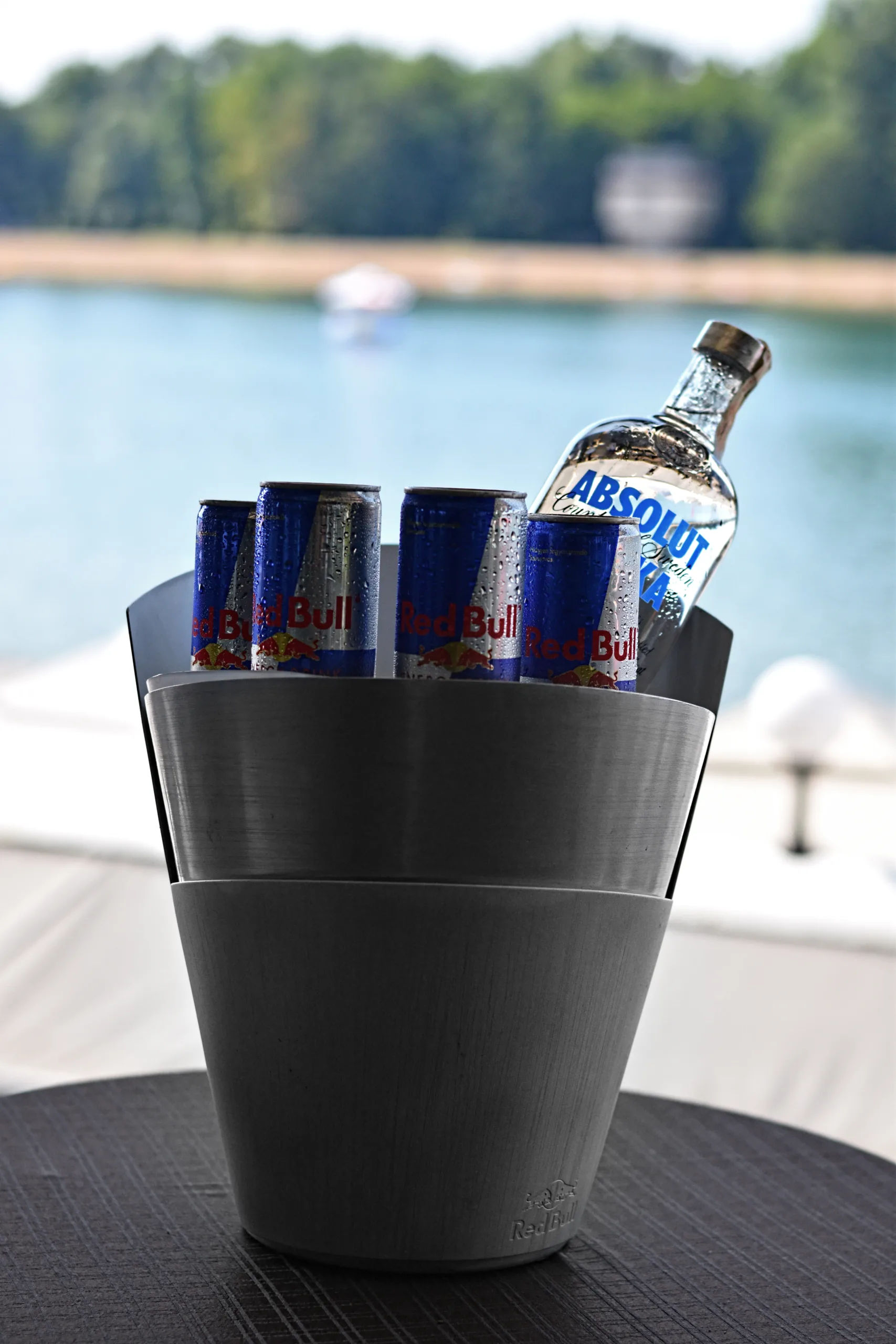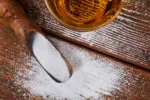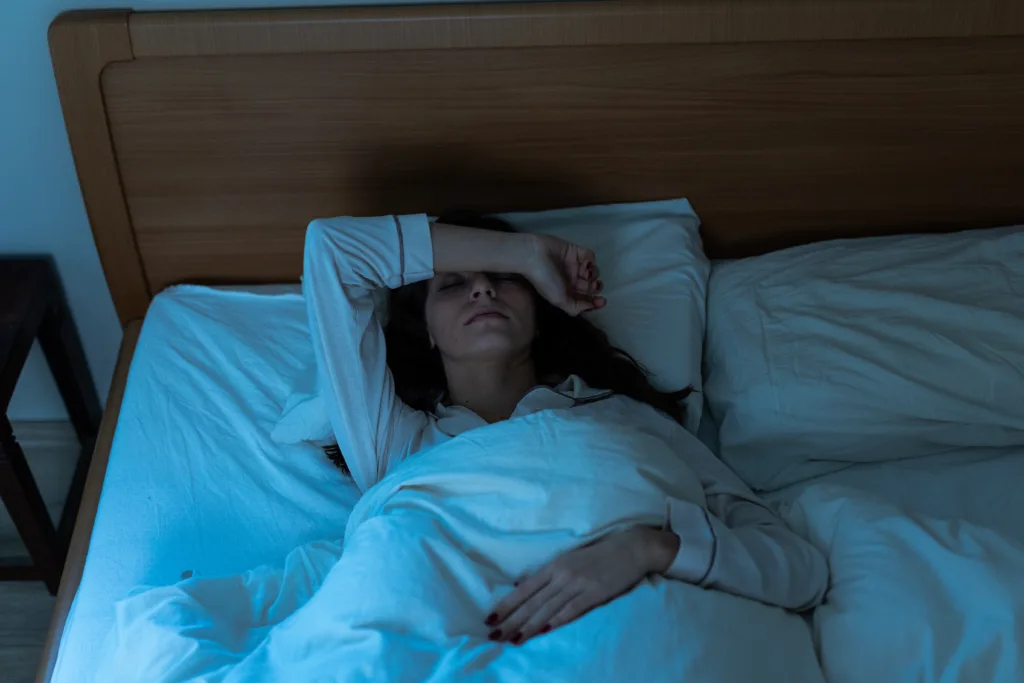What Happens When You Mix Dramamine and Alcohol?

Maybe you took Dramamine before a cruise, then had a drink at the bar without thinking twice. Or you popped a motion sickness tablet before a road trip and later enjoyed a few beers. It might seem harmless—Dramamine is sold over-the-counter, after all—but mixing it with alcohol can have real and sometimes serious effects.
Whether the combination happens accidentally or on purpose, it’s important to know how these two substances interact—and what that interaction might be telling you about your relationship with alcohol or medication.
What Is Dramamine?
Dramamine is a popular over-the-counter medication used to treat:
- Motion sickness
- Nausea and vomiting
- Dizziness or vertigo
The main ingredients in Dramamine—dimenhydrinate (original formula) and meclizine (non-drowsy version)—are antihistamines. They work by calming the inner ear and blocking nausea signals from reaching the brain.
While Dramamine is effective and generally safe when used as directed, it also causes sedation, slowed reaction time and dizziness—especially in the original formula. That’s why product labels warn against driving, operating machinery or combining it with alcohol.
Can You Drink Alcohol After Taking Dramamine?
You technically can, but it’s not recommended. Dramamine and alcohol both depress the central nervous system, meaning they slow down brain function and reflexes. When taken together, their sedating effects don’t just stack—they intensify each other, leading to:
- Excessive drowsiness or sedation
- Dizziness and balance issues
- Mental fog or confusion
- Slurred speech and poor coordination
- Nausea or vomiting
- Difficulty breathing in high doses or in sensitive individuals
Even small amounts of alcohol can significantly worsen Dramamine’s side effects, increasing the risk of falls, poor decision-making or blackouts.
Dramamine, Cruises, and Drinking: A Common Risk
Dramamine is frequently used before cruise vacations or boating trips—settings where alcohol is also readily available. You might take a tablet to avoid seasickness and later enjoy a cocktail or glass of wine without thinking about the interaction.
But on a boat, the risks are even greater:
- Alcohol affects your balance. Boats move unpredictably. Add Dramamine’s sedating effects, and the chance of falling or injuring yourself rises sharply.
- You’re in direct sun, which can cause faster dehydration—compounded by alcohol and Dramamine.
- Confusion or drowsiness could make it difficult to navigate unfamiliar environments safely.
This mix of motion, medication, and alcohol can create a perfect storm of risk—even if you only had one or two drinks. If you’re taking Dramamine, it’s best to wait until the medication wears off completely before drinking, or skip alcohol altogether.
Can Dramamine Make You Feel Drunker?
Yes. People often feel more intoxicated than expected when mixing Dramamine and alcohol. Since both substances slow down the nervous system, their effects can amplify one another in unpredictable ways.
Even a drink or two may lead to:
- Blurred vision
- Slurred speech
- Impaired judgment
- Loss of balance
- Emotional swings or disorientation
These side effects can sneak up quickly and may be mistaken for simple tiredness or seasickness—making it easy to miss the signs of being dangerously impaired.
Can Dramamine Make You High?
In large amounts, especially when misused, Dramamine can cause effects that some describe as a “high.” These may include:
- Visual or auditory hallucinations
- Disorientation or confusion
- Paranoia or mood swings
- Euphoria followed by deep fatigue or mental fog
This tends to happen when people take well beyond the recommended dose. When mixed with alcohol, the risk of toxic effects and overdose increases sharply. Intentional misuse of Dramamine—alone or with alcohol—is often a sign of substance experimentation or emotional coping, and it shouldn’t be ignored.
Why Would Someone Mix Dramamine and Alcohol?
In some cases, it’s purely accidental—like on a cruise, road trip or night out. In other cases, the combination is intentional, often used to enhance a buzz or dull physical or emotional discomfort.
Reasons people mix the two may include:
- Self-medicating for anxiety, nausea or stress
- Trying to intensify intoxication
- Curiosity or experimentation
- Escaping emotional discomfort
- Lack of awareness about the risks
Regardless of the intent, frequent or repeated use of this combination can be dangerous and may point to a larger issue with alcohol or substance use.
Is It Dangerous?
Yes, especially in larger doses or if it becomes a pattern. Mixing Dramamine and alcohol can result in:
- Accidental falls or injuries
- Memory blackouts or emotional instability
- Dangerous sedation or slowed breathing
- Increased risk of alcohol poisoning
- Overdose or hospitalization in severe cases
Even without dramatic consequences, this type of mixing may be part of a larger pattern of risky or avoidant behavior.
When to Be Concerned
If you or someone you love is:
- Routinely combining alcohol and over-the-counter medications
- Using Dramamine for reasons other than motion sickness
- Feeling unable to enjoy a vacation, social event or day without substances
- Hiding or minimizing substance use
- Using alcohol or pills to manage stress, sleep or emotions
…it could be a sign that it’s time to take a closer look at what’s going on beneath the surface.
What to Take Away
Dramamine may seem harmless—it’s sold in every pharmacy aisle and often associated with travel or family vacations. But when paired with alcohol, especially in boating or cruise environments, the combination can quickly turn risky.
If this mix has become routine for you—or if it’s part of a broader pattern of drinking or self-medicating—it’s okay to take a step back and ask why. You’re not alone, and you don’t have to wait for a crisis to get support.
At Silvermist, we offer compassionate, evidence-based care to help people understand and rebuild their relationship with substances—whether it’s alcohol, over-the-counter medications or a combination of both.
Reach out today or contact us online for a confidential conversation with a team that understands where you’re coming from—and how to help you move forward.






